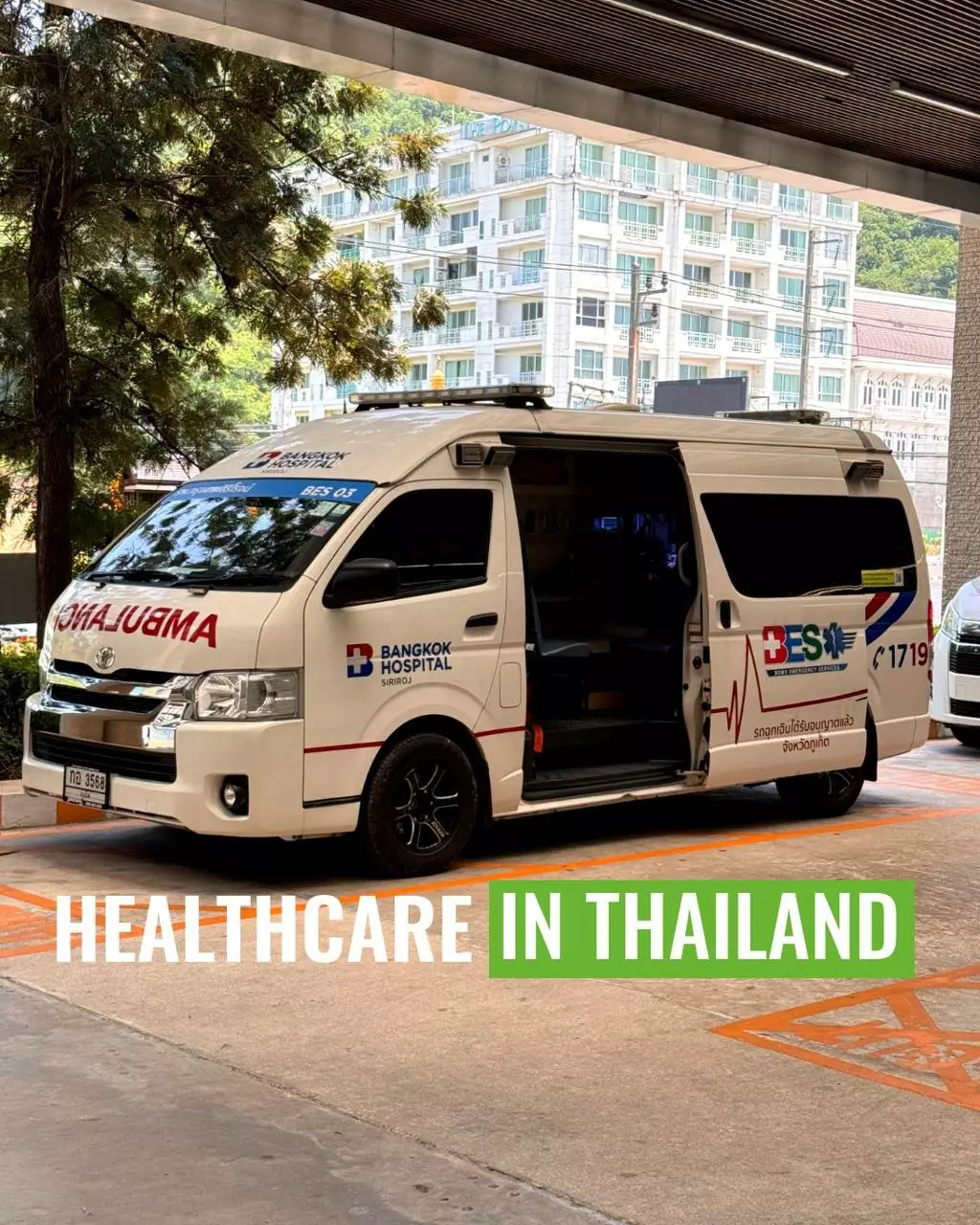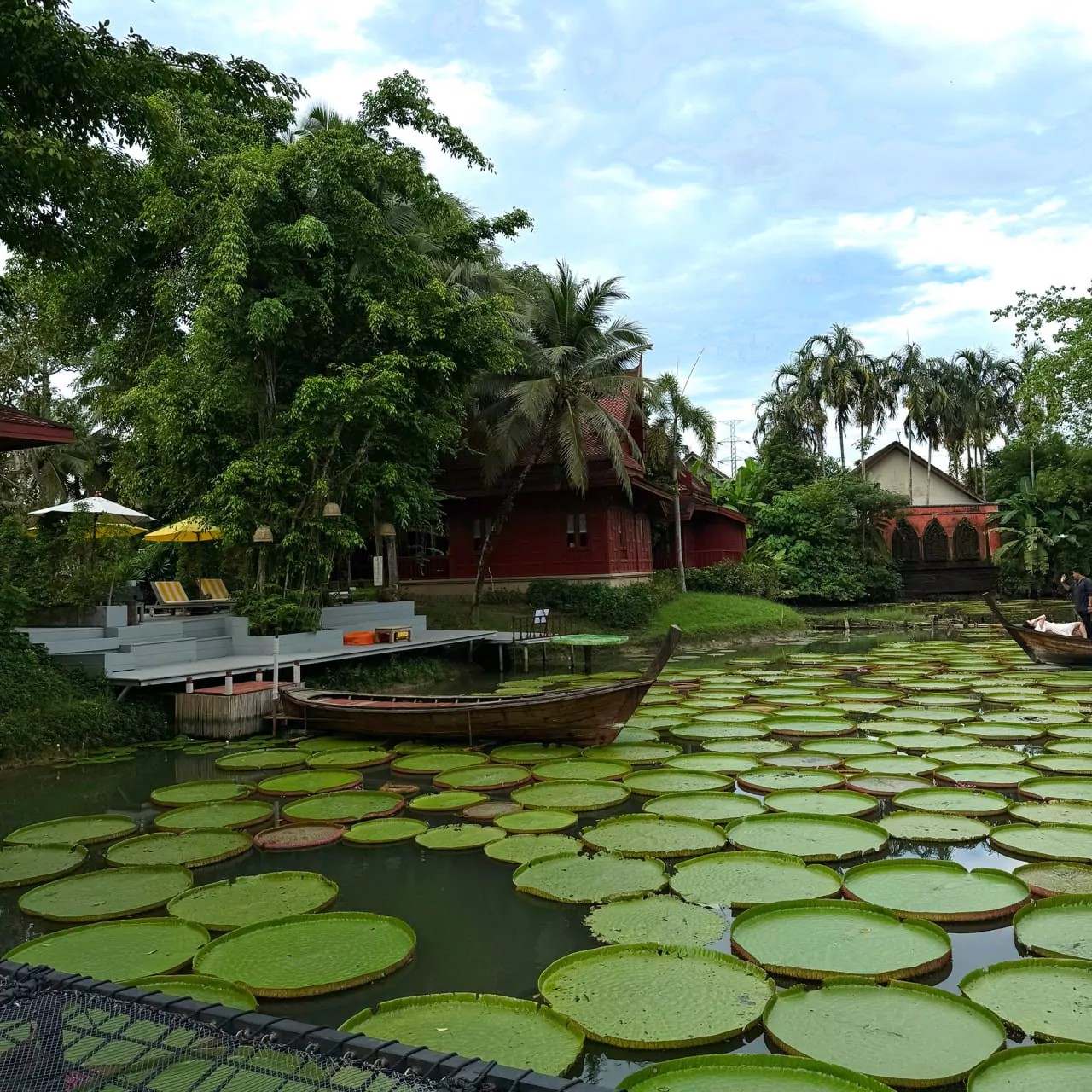What should you know about healthcare in Thailand?
Many people are hesitant to stay in Thailand for an extended period, believing that the healthcare system here is of low quality. Meanwhile, there are plenty of risks in the tropics: unsafe motorbike rides, diving, exotic animals that can bite or sting, unfamiliar food that might cause poisoning, and much more. However, we want to dispel this myth – unlike many other Asian countries, healthcare in Thailand meets global standards, and even more so: according to data from the first half of 2024, it ranks among the top ten most efficient healthcare systems in the world.
Features of Healthcare in Phuket
Thailand’s healthcare system consists of both public and private sectors. Visits to public clinics are cheaper, while private ones are more expensive. Unfortunately, there is no free healthcare for foreigners in Thailand. Some costs may be covered by health insurance, which should be arranged before visiting the country. Insiders do not recommend traveling without insurance – it is highly unsafe.
In Thailand, there is a list of professions regulated by law, specifying which jobs are open to foreign specialists. Unfortunately, doctors are not on this list. However, most doctors in Thai hospitals speak English well – many of them were trained abroad, and large institutions also provide interpreter services, including those with Russian language skills.
Some doctors, mainly specialists, come to Phuket from Bangkok and work in shifts. Therefore, healthcare on the island is on par with that in the capital.
Healthcare Costs in Thailand
Most doctors in Thailand are specialists, so finding a general practitioner can be challenging. Most patients visit specialists directly without prior consultation or a referral from a GP.
The initial consultation with a specialist is not as expensive as one might imagine. Overall, prices are roughly the same as in most private clinics in Russia. However, if urgent surgery is needed, a severe fracture occurs, or other health issues arise, services in Thai hospitals can be costly. The most expensive is inpatient care: on average, staying in a Thai hospital costs about 20,000 baht per day. However, for that price, you’ll be in a fully equipped room that resembles a luxury hotel suite.
Hospitals for Foreigners in Phuket
There are several hospitals on the island where foreigners can seek medical assistance. Here’s a brief overview of the main hospitals in Phuket. The full list of facilities with coordinates is available here.
Bangkok Hospital Siriroj
A large hospital with departments for both adults and children. Foreign tourists, along with locals, can receive medical services here. These may include consultations with general practitioners, specialists, trauma doctors, obstetricians, dentists, and even plastic surgeons.
Vachira Phuket Hospital
The oldest public hospital in Phuket, but equipped with the most modern technology. This is why complex treatments are carried out at Vachira Phuket Hospital. At the same time, the prices here are significantly lower than in private clinics.
Mission Hospital
A popular hospital among locals, offering a high level of medical care at affordable prices. It is a public institution, but operates under the patronage of the Seventh-day Adventist Church.
Dibuk Hospital
The newest private hospital, opened in 2015. It offers a wide range of services, but lacks some specialized doctors. In such cases, patients are referred to Bangkok Hospital Phuket.
Medical Tourism
Medical tourism is well-developed in Thailand, as the price-to-quality ratio is better than in many clinics in Europe and the United States. Most medical tourists come to Thailand for plastic surgery, cosmetic procedures, dentistry, heart surgery, and joint replacement.
To make it easier for foreigners to interact with hospitals, medical assistants are available. They can consult patients, schedule appointments with the right specialists, accompany them in the clinic, and provide translation services.
We’ve shared information about healthcare in Thailand and the hospitals you can visit in Phuket. Stay healthy, but if you need care, make sure to clarify all details before hospitalization.
And if you want to have financial support in case of unforeseen circumstances such as serious illnesses or accidents, we recommend purchasing a life insurance policy. For Phuket residents, having an insurance policy provides confidence in the future, and for tourists — additional protection during their stay in Thailand.
We’ve found a reliable insurance company in Phuket for you. Fill out the form, and we’ll forward your request — they’ll contact you to provide details on the terms and pricing.

























